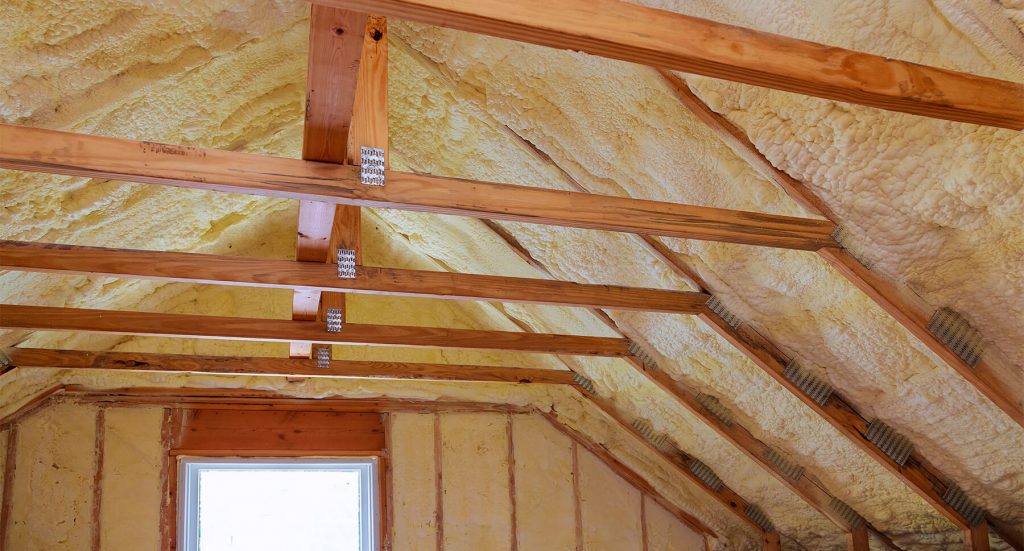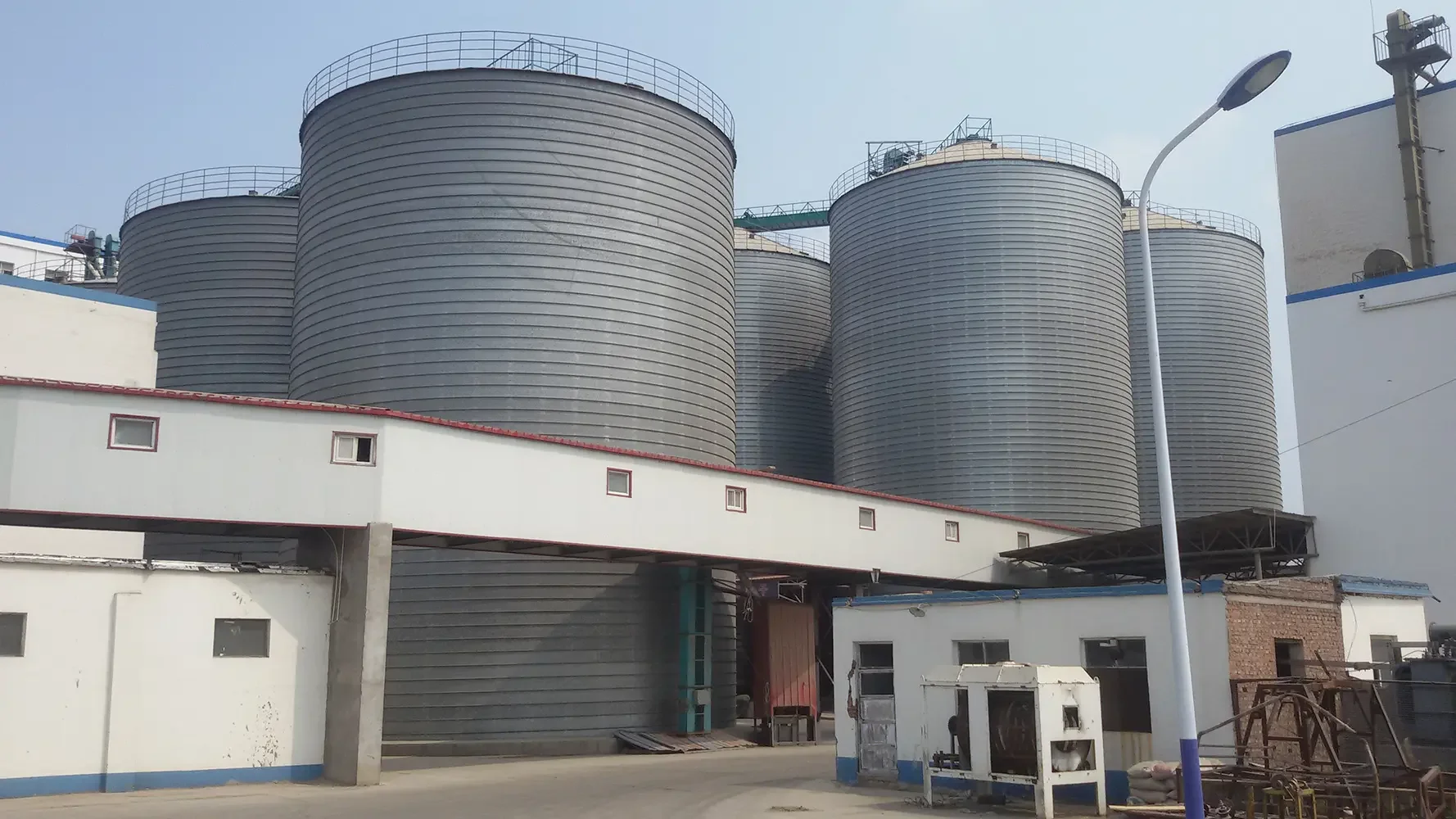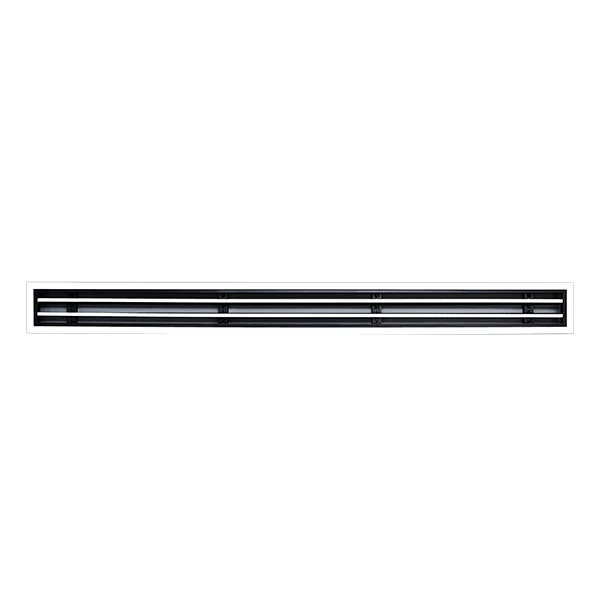When it comes to insulating our homes or buildings, we often seek the most effective solution to minimize heat transfer and reduce energy consumption. In this blog post, we will delve into the world of insulation materials and uncover the ones with the highest R-value. R-value measures the thermal resistance of a material, indicating its ability to resist heat flow. By understanding the characteristics and benefits of these high R-value insulation materials, you can make informed decisions to create energy-efficient and comfortable spaces.
- Aerogel Insulation:
Aerogel, often referred to as "frozen smoke," is a remarkable insulation material with the highest R-value currently available. It is composed of a gel-like substance that is dried to create a solid, porous structure. Aerogel insulation offers an incredibly low thermal conductivity, making it highly effective in preventing heat transfer. Its exceptional insulating properties make it ideal for applications where space is limited or where maximum insulation is required. - Vacuum Insulation Panels (VIPs):
Vacuum insulation panels are another excellent choice for achieving high R-values. These panels consist of a core material enclosed in an airtight envelope, from which the air is evacuated to create a vacuum. The absence of air molecules significantly reduces heat conduction, resulting in outstanding thermal performance. VIPs are particularly useful in situations where space is at a premium, as they provide excellent insulation with minimal thickness. - Polyurethane Spray Foam Insulation:
Polyurethane spray foam insulation is a versatile and effective option for achieving high R-values. It is applied as a liquid that expands and solidifies into a foam, filling gaps and creating a seamless insulation layer. This type of insulation adheres to surfaces, providing an airtight seal and minimizing heat transfer through convection. Polyurethane spray foam insulation offers excellent thermal resistance and can be used in various applications, including walls, roofs, and attics. - Expanded Polystyrene (EPS) Insulation:
Expanded polystyrene insulation, commonly known as EPS, is a lightweight and cost-effective insulation material with a high R-value. It is made by expanding polystyrene beads, which are then fused together to form rigid boards or blocks. EPS insulation provides excellent thermal resistance and is resistant to moisture, making it suitable for both interior and exterior applications. It is commonly used in walls, roofs, and foundations to enhance energy efficiency.
Conclusion:
Choosing the right insulation material is crucial for optimizing energy efficiency and creating comfortable living or working environments. By considering the insulation materials with the highest R-value, such as aerogel, vacuum insulation panels, polyurethane spray foam, and expanded polystyrene, you can achieve superior thermal performance and reduce energy consumption. Remember to assess your specific needs, budget, and installation requirements when selecting the most suitable insulation material for your project. With the right insulation, you can create a well-insulated space that promotes energy savings, sustainability, and comfort.



More Stories
Multi Linear Slot Diffuser Solutions for Contemporary HVAC Design
The Versatility of Fiberglass Woven Cloth in Industrial Applications
Water Based Car Spray Booth Solutions for Automotive Paint Systems